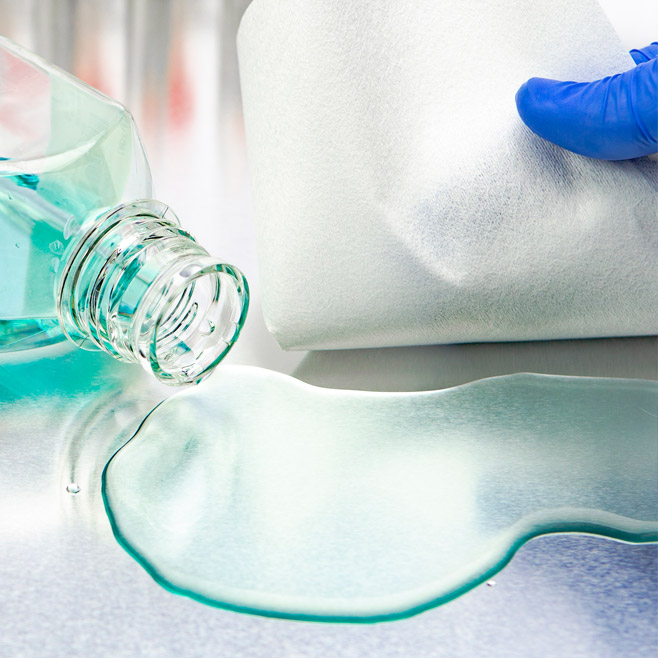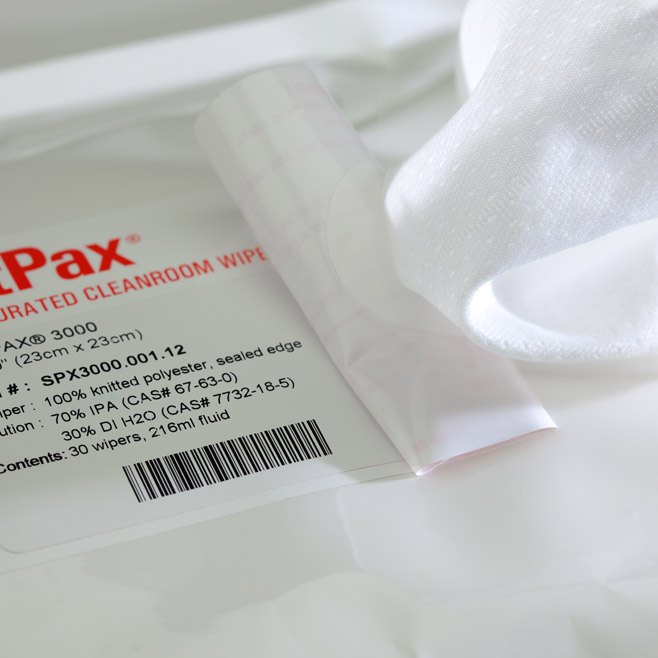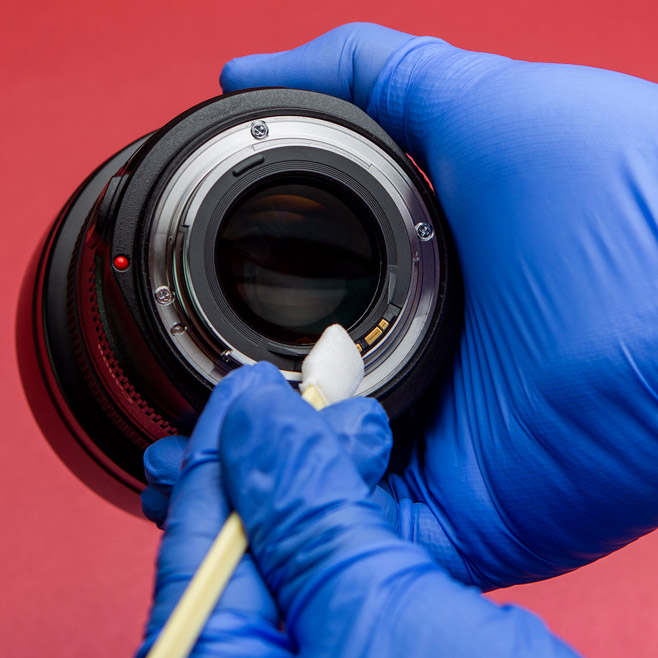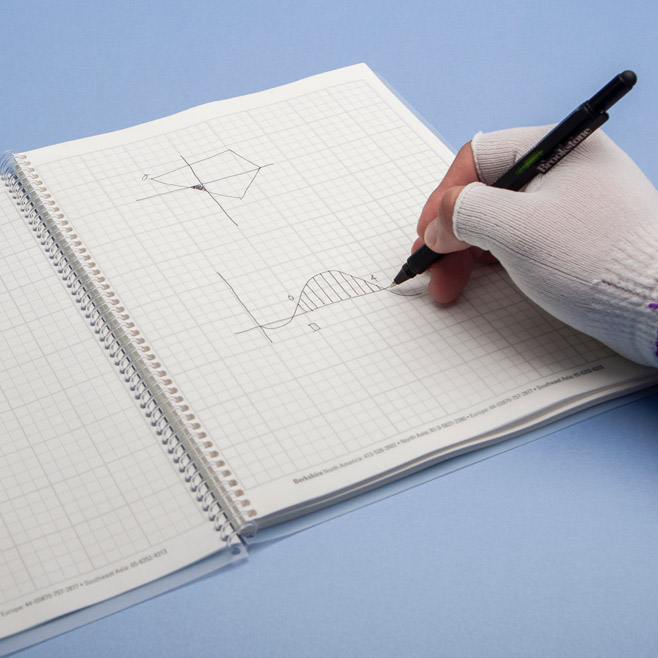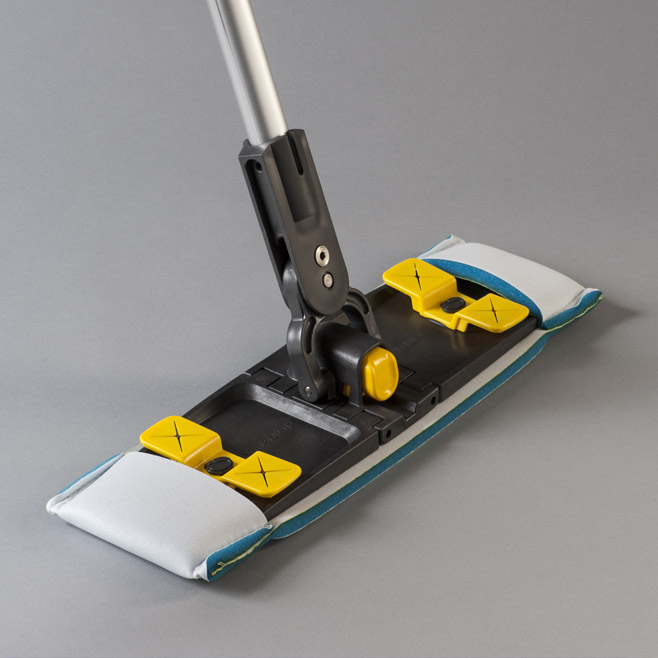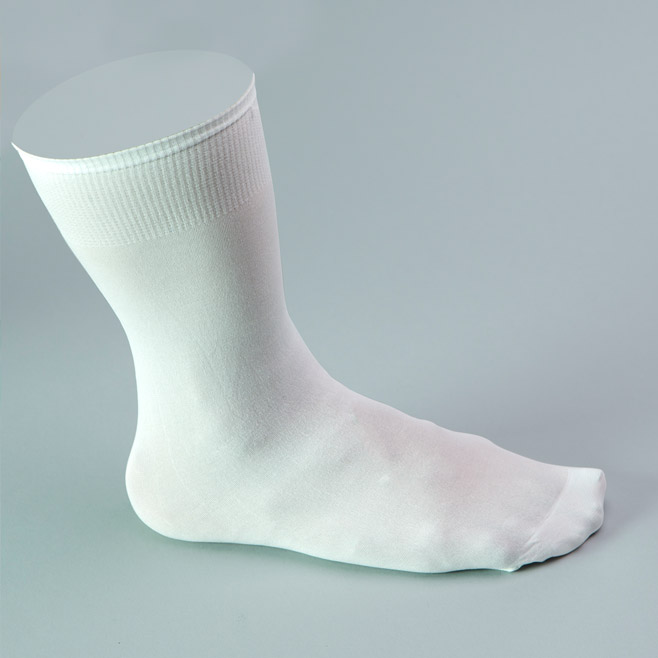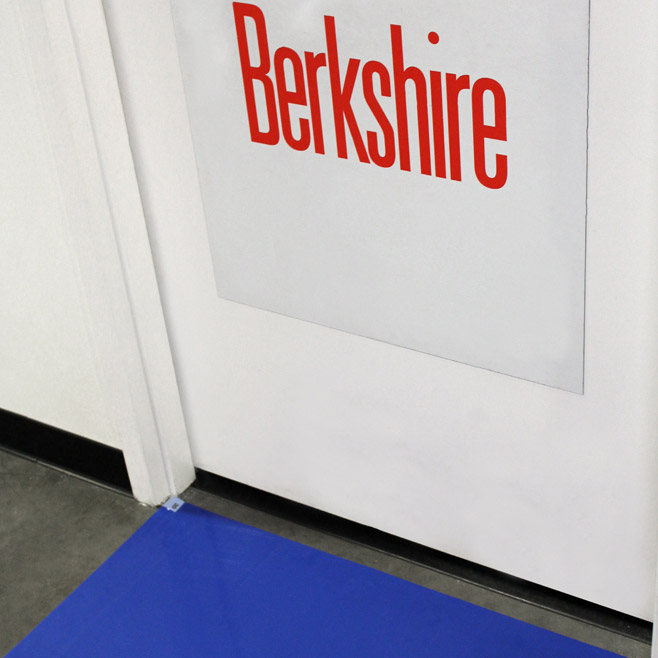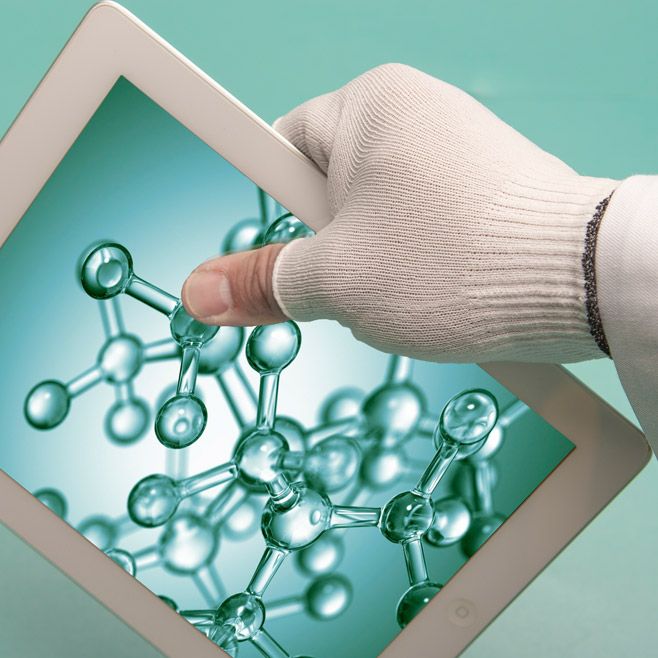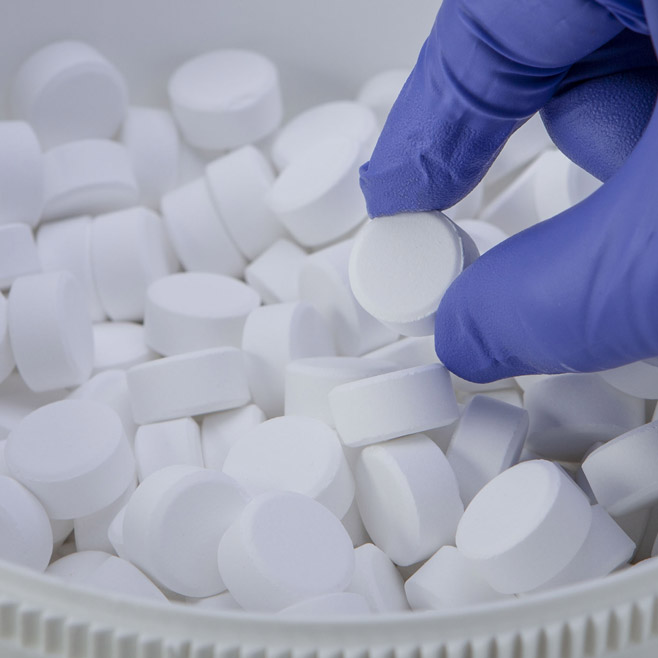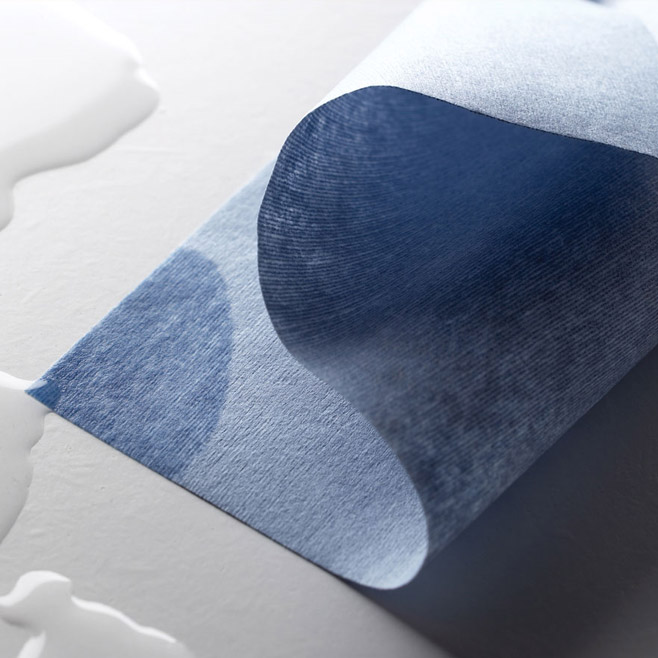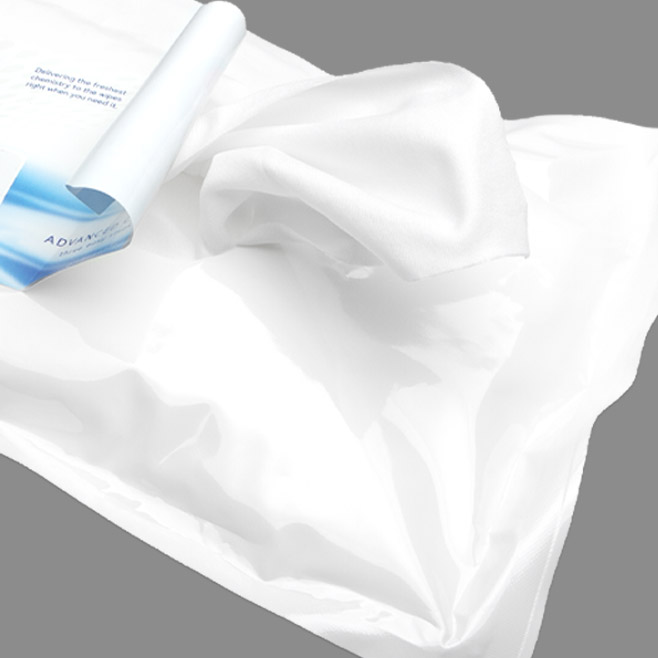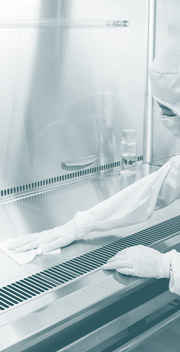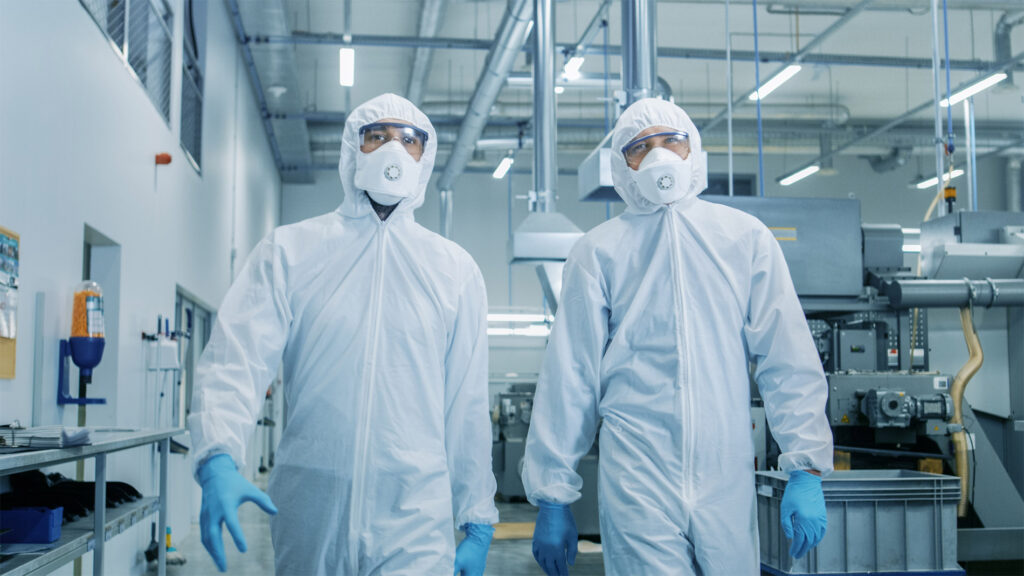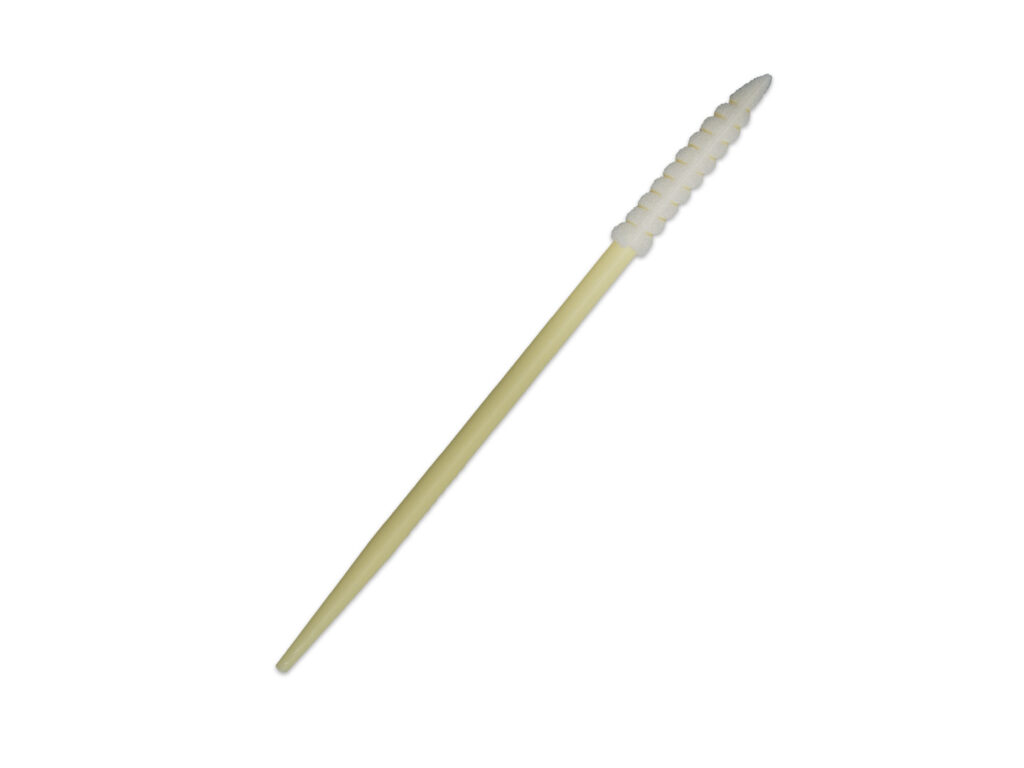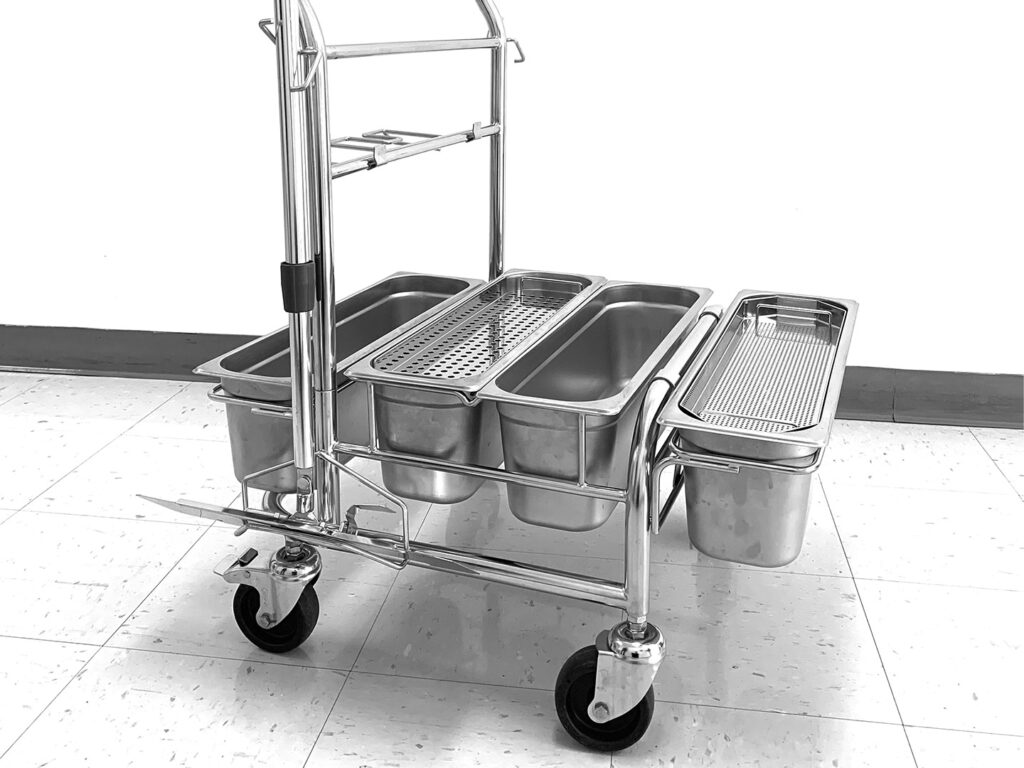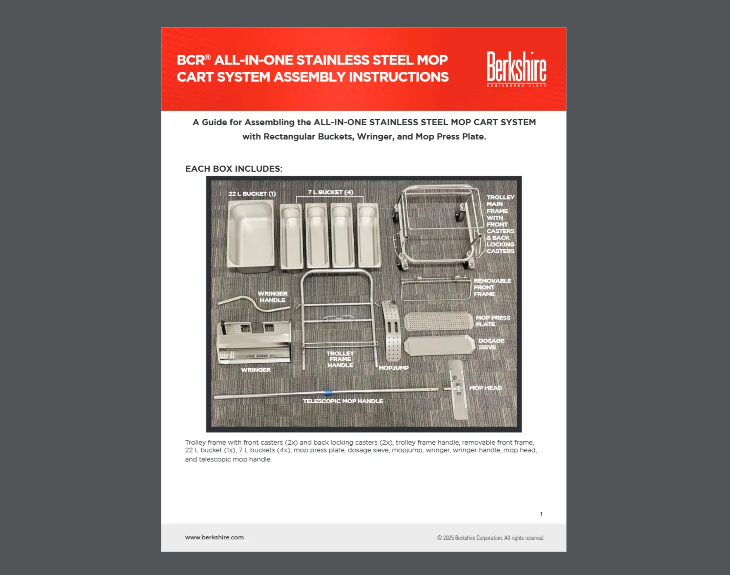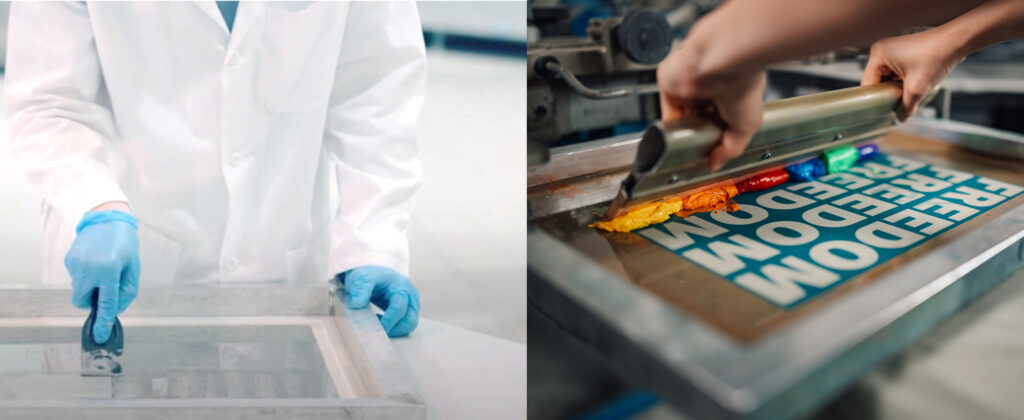A: We wrote in the 2-part series I Can See Clearly Now – Microfiber Wipers about the benefits of microfiber wipes on sensitive surfaces. However, there is another option. Lensx® 90 is comprised of a specially formulated blend of 70% rayon and 30% manila hemp, is nonabrasive and extremely soft. It is used dry for [Read More…]
Category Archives: Knowledge Base
Cleanroom cleaning tasks should only be performed by trained personnel and using only cleanroom-certified or cleanroom-approved supplies and solutions. With the cleaning team ready to enter, here is a suggested cleanroom cleaning process: Review Procedures and Protocols: Familiarize yourself with the cleanroom’s cleaning protocols and procedures, as these may vary depending on the class of [Read More…]
Without proper cleaning procedures in place, a cleanroom faces several risks. Relying on an informal or as-needed approach to cleanroom cleaning will not protect you, your organization, or your end users and can lead to unnecessary complications. Inadequate cleaning, improper donning, and low-quality supplies can lead to failed quality checks, audits, or even a shutdown. [Read More…]
Whatever contaminates a cleanroom is likely brought into the environment, so it is essential to establish fundamental cleanroom best practices or protocols for the operators. For instance, before anyone enters the cleanroom for cleaning, they should remove personal items (jewelry, keys, phones, etc.) and store them outside the gowning room. If an individual must bring [Read More…]
Your cleanroom is designed to prevent particle entry by filtering and purifying the air, to provide designated areas for different levels of cleanliness, and to isolate spaces with controlled air pressure as required. However, simply having the appearance of a clean room does not ensure its cleanliness. Implementing effective cleanroom cleaning procedures and proper supply [Read More…]
Lab-Tips® LTO70P has a pointed, rigid cleanroom laundered open cell foam head and a short, tapered handle. This design provides the operator with maximum control and precision for the application. This swab is also available in a pink handle ESD version, packed in an anti-static bag. Featured Products
Yes, it is suggested that the area to be mopped has been previously vacuumed to remove gross contamination. Read more about mopping at Particles on Surfaces: Part 5 – Cleaning Floors and Walls. Berkshire Mops
Maximizing Functional Performance Cost-Effectiveness:This comprehensive system eliminates additional parts or accessories, saving you money on your cleaning requirements. Durability:The stainless-steel mop is resistant to rust and corrosion, ensuring longevity. Cleanroom Suitability:The multiple-bucket system enhances the efficiency of cleaning and disinfecting processes. It ensures that solutions stay uncontaminated and undiluted during use. Empowering Versatility:This system [Read More…]
What’s the difference between cleaning a printed circuit board (PCB) and cleaning a garment printer? Printed circuit board (PCB) cleaning is regulated by a federal agency and cleaning a garment printer is non-regulated. “It is the author’s opinion…that the non-regulated industries would benefit if they conducted their contamination control activities as if their procedures were [Read More…]




